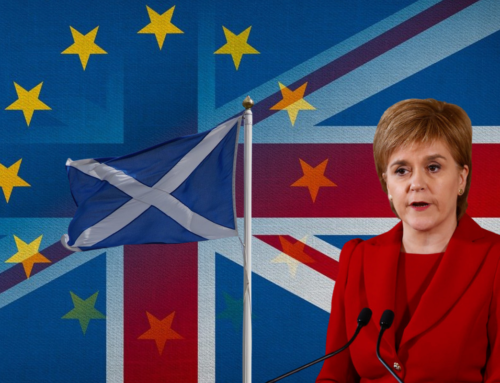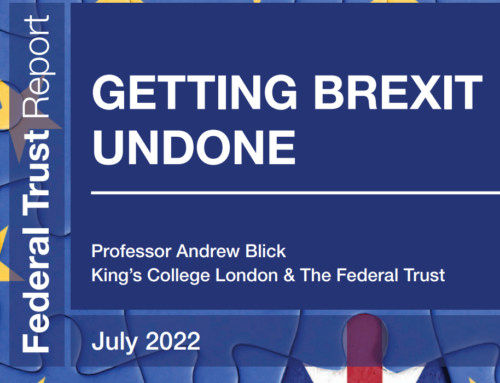Review by Brendan Donnelly
Much of this short book by Professor Jan Zielonka of Oxford University is rightly devoted to the euro. It is on the success or failure of the single European currency that the answer to the question of the book’s title “Is the EU doomed?” will essentially depend. Zielonka’s belief that the EU may well be doomed is summarized in the words “interdependence no longer generates integration but instead prompts disintegration.” On this analysis, the single European currency will prove to have been an error of historic proportions, achieving precisely the opposite of what its founders intended.
Nobody of course should deny the inadequate institutional structure with which the euro was originally endowed, nor the mistakes made by national leaders in their attempts to wrestle with the sovereign debt crisis and the systemic crisis for the euro provoked by it. Zielonka has some vigorous criticism in particular for the German government, which he believes acted with “its domestic rather than European public in mind.” Nor does Zielonka believe that such errors, on the part of the German and other governments, are likely to rectify in any foreseeable future. He believes that the underlying problems of the Eurozone can only be resolved by a much more integrative or federalist structure for the single European currency. But neither national governments nor national electorates are currently willing to embrace such solutions. Only much looser forms of European association are politically and economically sustainable in the long term.
Zielonka’s analysis and predictions may turn out to be correct. The crisis of the Eurozone has certainly subjected the European Union to unparalleled internal strains, both political and economic. But it must not be forgotten that the Union has weathered these strains a great deal better than many predicted five years ago. Reluctantly, more slowly and less completely than they should have done, Europe’s leaders have moved a long way over the past five years towards the further integration of their economic decision-making within the Eurozone. There is certainly much further to go in order to ensure the stability and good functioning of the euro in the long term. The absence of such stability and good functioning has been the fundamental reason for the widespread decline of the Union’s popularity among its citizens in recent years. But Mr. Draghi’s motto of doing “whatever it takes” to save the euro is a good one for the whole Eurozone. It is certainly premature to assert that national leaders within the Eurozone are doomed to fail in attempting to follow his example.
This review first appeared in Europe’s World, September 2014






